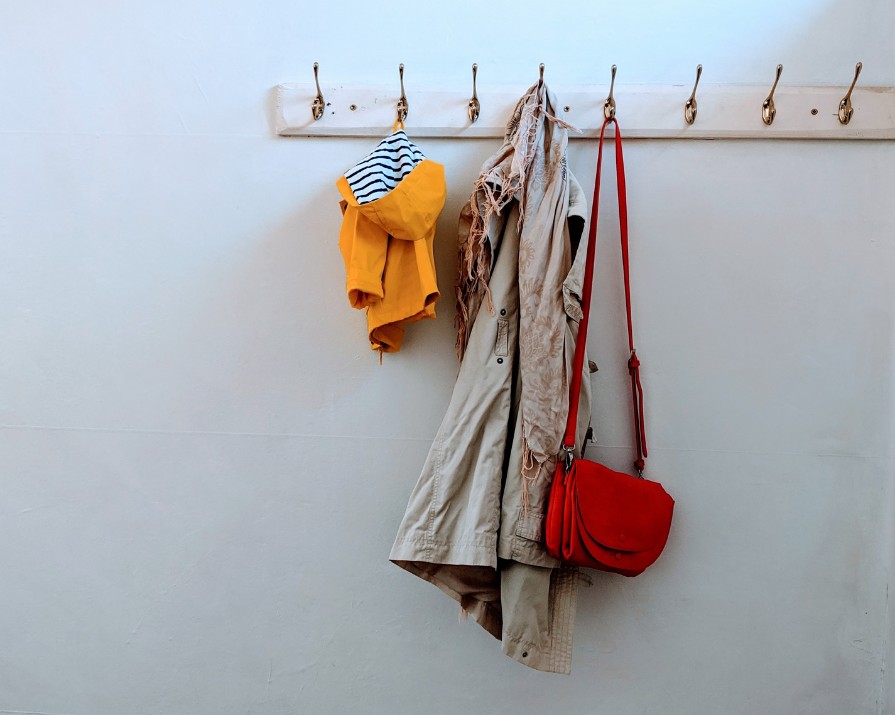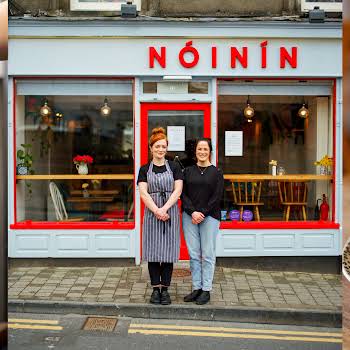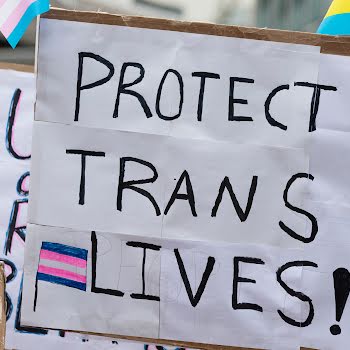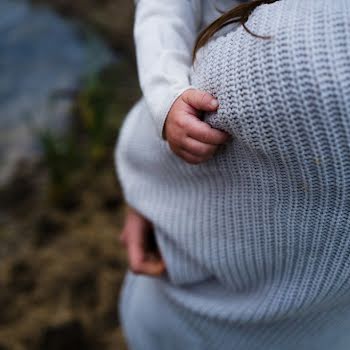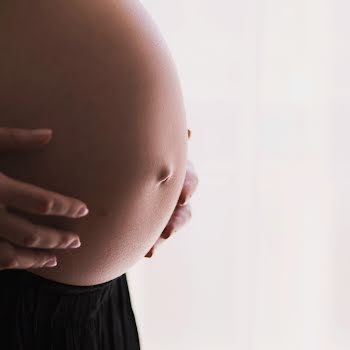
An economic necessity: ‘No one is winning in Ireland’s current childcare model’
By Dominique McMullan
13th Dec 2023
13th Dec 2023
No one is winning in Ireland’s current childcare model – not the childcare workers, not the parents, not the childcare facility owners, and most importantly, not the kids.
In 2024, Ireland will vote on the removal of the reference to the women’s place in the home in the Constitution. It states, “The State shall… ensure that mothers shall not be obliged by economic necessity to engage in labour to the neglect of their duties in the home.” Government does not wish to pigeonhole women as purely homemakers and caregivers – vital, challenging and often thankless roles – and yet it is often the only option left to many due to the lack of childcare services.
In 2019, I was catapulted into the centre of it when trying to find a crèche place for my first child. Within the first few weeks of motherhood, when my mind should have been focused on other things, I rang dozens of facilities, begging for a place and was all but laughed at.
Since then, I’ve had another child, and almost every milestone of both of their little lives have come with a battle. These have included trying to find childcare places for them, then subsequently struggling to pay exorbitant fees at the end of every month, and then dealing with frequent room closures and a heartbreakingly high level of staff turnover.

It is leaving a parental-shaped hole in the economy as parents are being priced out of work. In every industry, employers are desperately seeking employees, and this unfortunately includes the childcare industry too, who are losing staff to higher-paying jobs at a rate of knots.
The financial sting of childcare in Ireland is something that all parents know intimately. It stands alongside our monthly rent or mortgage, offering little respite to those striving to make ends meet. In August 2023, 29 per cent of the combined salaries of my partner and me went to childcare; in comparison, 15 per cent went to our mortgage. And crèches, yet to feel the trickle-down benefit of State-subsidised childcare cuts, are downsizing or closing altogether because they can’t find staff or make ends meet.
With these changes come a disruption not just to parents, but to children. It’s heartbreaking to see people my kids love and spend every day with being “replaced” again and again. It’s hard to leave your children with someone else, but the current situation makes it heart-wrenching, especially when you have no choice in the matter.
Childcare workers in Ireland are often highly educated with costly degrees and
yet many are paid 85c below the living wage. The minimum rate of pay for a
qualified Early Years Educator is €13 per hour. SIPTU’s head of strategic organising, Darragh O’Connor has referred to it as “poverty pay”. Tigers Childcare CEO, Karen Clince, says, “In order for a national childcare policy to succeed, we require State investment that not only tackles affordability for parents but also addresses employee wages and ensures the sustainability of childcare providers.”
To put this in perspective, in 2023, the Dublin average of full-time childcare per child per month was €1,000. In Germany, the average cost of childcare is €1,310… per annum. This is because Germany, and many other European countries, recognise childcare as essential infrastructure, like roads and railways. Childcare is adequately subsidised, championed and central in conversations of commerce.
In other words, it is considered an economic necessity.
It is leaving a parental-shaped hole in the economy as parents are being priced out of work.
In Ireland, recruitment firm Platform55’s recent figures show that 85 per cent of women will leave full-time employment in the three years after the birth of a child, forced to pause professional growth, financial independence and personal aspirations to fill the childcare gap. Other women end up straddling both family and career, managing a daily stressful Tetris puzzle of part-time childcare, grandparents’ and friends’ help, fitting in work where they can.
Of course, there are women for whom it is a happy choice to make, but don’t we owe the women who want to work outside of the home the opportunity to do so? Wouldn’t it benefit everyone, including the economy, if it made financial sense for mothers to work, and know their child would spend those hours in a stable and happy environment?
No one is winning in the current situation. We must invest in affordable and accessible childcare that supports working parents, and acknowledge the importance of early childhood education and educators. A public model, the likes of which we use for primary schools in Ireland, would be a move towards true gender equality in this country, and a recognition of the importance of early years care.
Investing significantly in a properly subsidised, public childcare system would be an investment in the future of the country – for everyone. It would not only support working parents but also ensure that children receive the best possible start in life… which is what every child deserves.
IMAGE Winter 2023
The Winter issue of IMAGE is here, and festive sparkles are on our mind, from our fashion shoot full of party-ready pieces to the home of jeweller Chupi Sweetman-Durney which is full of glinting gold. Plus, we learn how to make the most of festive leftovers, and are planning a winter break to remember. Plus: * Big knits * Cool corduroy * In studio with Pearl Reddington * Audrey Hepburn’s Irish connections * Confidence at work * A Kilimanjaro adventure * Beauty gifts to give yourself * Practical magic * A ski retreat with a difference * Weekend escapes * and so much more…
Have you thought about becoming an IMAGE subscriber? Our Print & Digital subscribers receive all four issues of IMAGE Magazine and two issues of IMAGE Interiors directly to their door along with access to all premium content on IMAGE.ie and a gorgeous welcome gift worth €60 from The Handmade Soap Company. Visit here to find out more about our IMAGE subscription packages.











